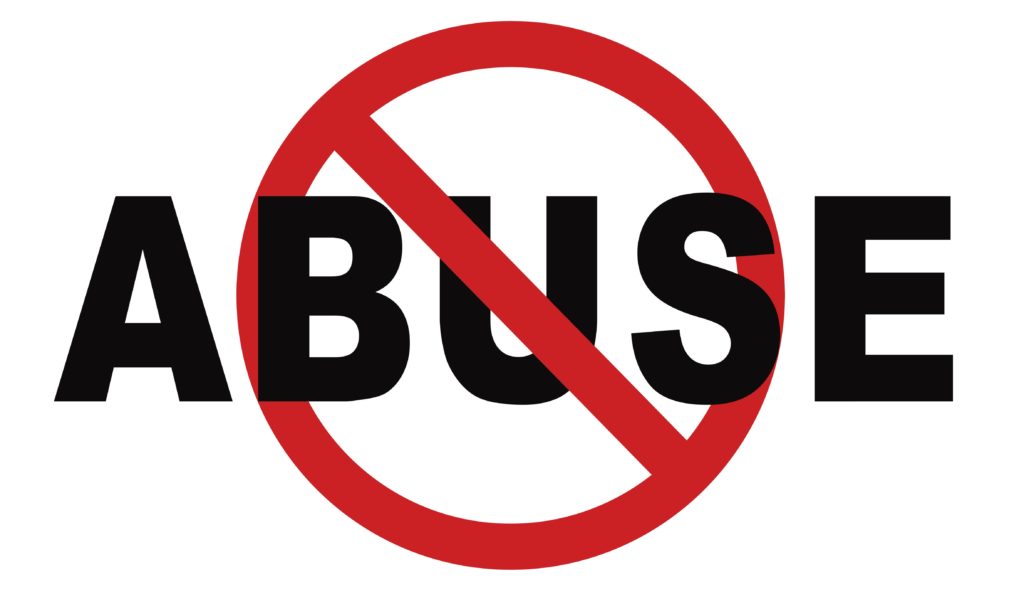Significant numbers of transgender men and women seek treatment for substance use disorder, according to new findings from a team of American researchers. Current evidence indicates that transgender adults in the U.S. consume drugs and alcohol at a higher rate than adults in the overall population. In a study published in April 2015 in the journal Drug and Alcohol Dependence, researchers from several U.S. institutions gauged the frequency of diagnosable substance use disorder (substance abuse and/or substance addiction) in America’s transgender population. The researchers also looked at a range of factors that may increase any given transgender individual’s chances of developing serious problems with alcohol or drugs which likely require some sort of treatment for substance abuse.
Transgender Adults
The American Psychological Association uses the term transgender to describe any individual whose self-ascribed gender identity, assertion of gender-based traits or typical gender-oriented behavior does not align with society’s norms for a person born male or born female. Key to this concept is the distinction between gender and sex. The vast majority of people have a clearly defined sex at the time of birth. However, gender is not an inherently sex-based characteristic; instead it derives from complex socially held beliefs about the ways in which an individual born male or female should look, behave, think and feel. Most people have a gender identity that matches up with their sex at birth; however, many transgender individuals have a gender identity that does not match up with their birth sex. In addition, some transgender people feel a basic alignment with their assigned sex but still express themselves in ways that society typically associates with individuals of the opposite sex. Transgender identity is not a modern construct. In fact, evidence for such an identity in human societies extends back to ancient times. Because of a lack of research, no one knows exactly how many transgender people live in the U.S. The American Psychiatric Association reserves a diagnosis called gender dysphoria for people whose gender misalignment results in a serious decline in psychological/emotional well-being. However, not all mental health professionals believe that the existence of such a potentially stigmatizing diagnosis is necessary or appropriate.
Substance Use Disorder
The American Psychiatric Association created the substance use disorder diagnosis in 2013 in order to acknowledge and formalize the overlapping nature of symptoms typically associated with non-addicted substance abuse and symptoms typically associated with substance addiction. This umbrella diagnosis contains subcategories for each likely source of abuse/addiction problems, including alcohol, opioid drugs and medications, stimulant drugs and medications, cannabis products, tobacco products and sedative-hypnotic medications. The federal Substance Abuse and Mental Health Services Administration estimates that approximately 8.5% of all Americans over the age of 11 have a diagnosable case of alcohol use disorder, opioid use disorder, cannabis use disorder or some other form of substance use disorder. Most affected individuals only have alcohol-related problems, although others have drug-related problems or a combination of alcohol- and drug-related problems.
Substance Problems in Transgender Adults
In the study published in Drug and Alcohol Dependence, researchers from the Fenway Institute, Harvard Medical School, the Harvard School of Public Health, the Yale School of Public Health and Harvard-affiliated McLean Hospital used a Massachusetts-based survey of 452 transgender adults in order to roughly estimate how many such adults seek treatment for a diagnosable case of substance use disorder. The researchers used results from the same survey to identify factors that likely contribute to increased risks for serious substance problems in transgender populations. After analyzing the survey results, the researchers identified a 10% rate of substance use disorder treatment among the study participants. In addition to an ongoing or recent pattern of drug or alcohol intake, factors contributing to the chances of receiving treatment for substance problems include a male-to-female transgender identity, a lack of financial resources, receipt of medical care that conforms to gender-based social norms, a history of post-traumatic stress disorder (PTSD), a history of exposure to domestic violence, a lack of reliable housing options, a history of major depression or some other depressive illness, a history of treatment for mental health issues and history of selling sex as a commodity. The study’s authors believe their findings point to a need to identify specific reasons why any transgender person fails to gain access to appropriate substance treatment. They also believe their findings point to a need to incorporate transgender-specific approaches into treatment programs.






